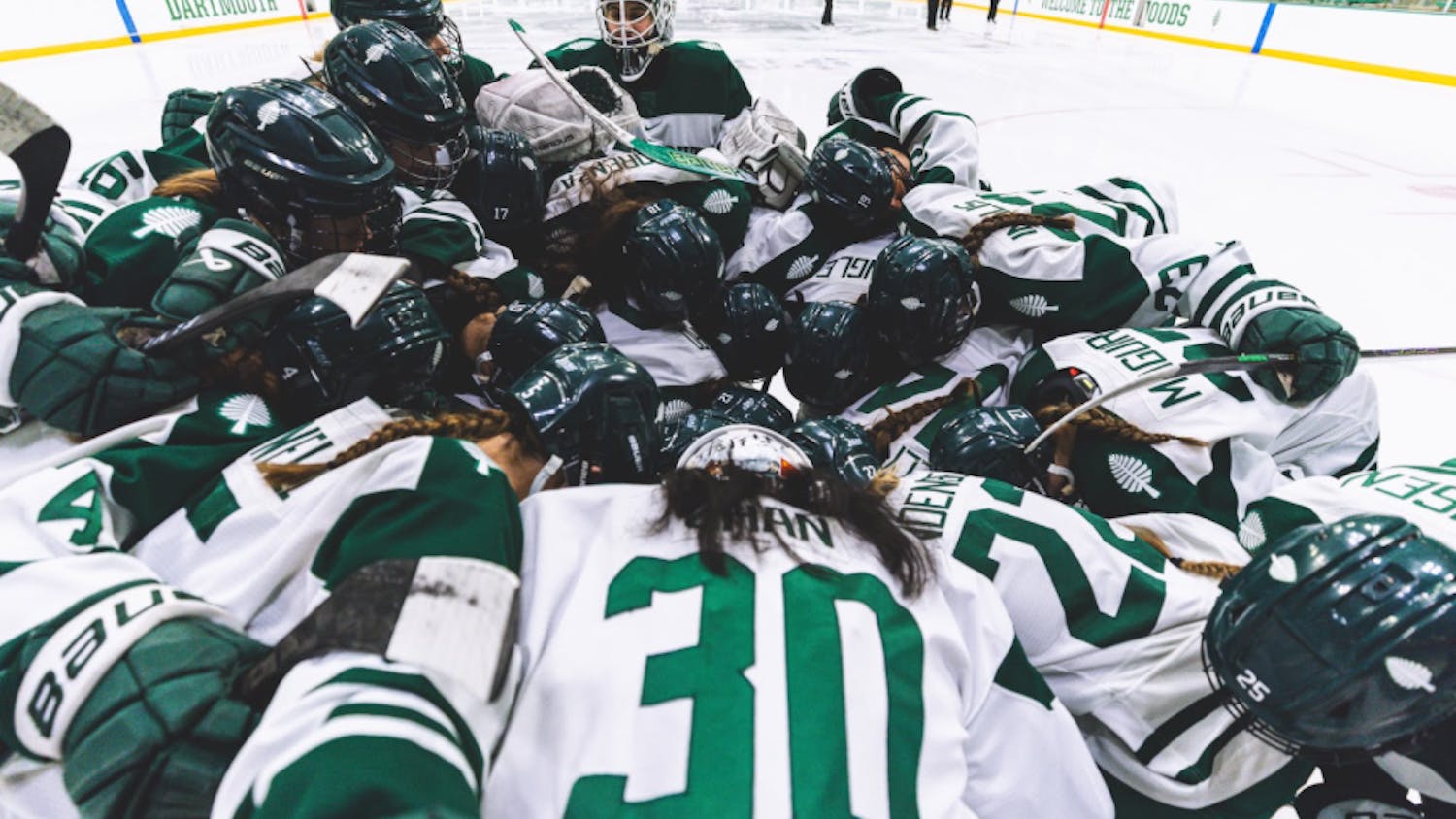Each week Vikram Bodas ’18 and Sam Forstner ’18 will tackle a controversial issue in the sports world. Much like home field in baseball, each week one of the writers will take their stance first (“away”), allowing the other to respond with an argument of their own (“home”). This week they will be debating each other as to the participation of elite professional basketball players in the Olympics.
Before the 1992 Games, only amateur athletes were allowed to be on men’s Olympic basketball rosters. Dubbed the “Dream Team,” the 1992 United States team is often considered the greatest basketball team ever assembled. Featuring hall of famers Michael Jordan, Scottie Pippen, John Stockton, Magic Johnson, Larry Bird, Karl Malone, Charles Barkley and Patrick Ewing among others, the U.S. team dominated the entire tournament on its way to gold in Barcelona. Since then, NBA superstars have continued to participate in the Olympics at varying rates. This year in Rio, the U.S. team still boasts by far the deepest roster in the tournament, but the two preeminent talents in today’s game, Steph Curry and LeBron James, chose not to participate in this year’s competition. Although Team USA has surprisingly looked shaky in a few group stage games, they still remain as the odds on favorite to win gold as they prepare to play Spain in the semi-finals on Friday night. In recent years, the roster construction of Team USA has been a hot button issue. Some feel that as the dominant basketball playing nation in the country we should send our best players. Others argue that the Olympics should be a time when young and upcoming players get a chance to show their skills on a big stage. This year’s team can almost be considered a hybrid between these two perspectives. So the question is what should the Team USA basketball roster look like in future Olympic games?
Sam (Away): Let me get straight to the point: yes, elite players like LeBron and Steph should play in the Olympics. By opting not to compete, they are ensuring that USA Basketball will not put its best roster on the floor, and since Olympic basketball is (in theory) highly competitive, this does the country and its Olympic program a disservice. Further, Olympic athletes are asked not only to be competitors, but also to be ambassadors on a world stage. Whose face is more likely to resonate with people in Brazil and around the world and make them think “USA,” LeBron’s or Harrison Barnes’? Come on.
Vikram (Home): Although, obviously, having LeBron and Steph on the roster would make this U.S. team more talented, I think that Team USA should prioritize desire to play in the Olympics over talent. Just look at the 2004 U.S. team in Athens, which was led by 2001 NBA MVP Allen Iverson. Throughout the tournament the team was undisciplined on offense and lazy on defense. As a result of this and the ever improving global basketball talent pool, the U.S. was unable to even reach the gold medal game and was forced to settle for bronze. The lesson to be learned from 2004 is that the U.S. has enough basketball talent that it should target the most motivated players, not necessarily the most gifted.
Sam (Away): I’m intrigued by your emphasis on motivation over ability when it comes to selecting the team. While I certainly agree that no one wants a team full of lazy, disinterested players, I think that your response may create more questions than it answers. Namely, why are players not motivated to play in what is the pinnacle of international sport? My gut reaction is that the lack of parity or competition that you touched on could be one factor. But if that’s the case, who wouldn’t sacrifice a few weeks for such a high probability of a gold medal (Brazil-specific concerns aside)? If the reason is that, in fact, the U.S. is so dominant that the Olympics isn’t even worth their time, where do we draw the line? I could see a scenario in which the U.S. assembles a team of top college players, who would presumably be not only extremely motivated, but would also still have a very good shot at gold. However, if the team is sticking with professionals, it seems misguided not to send superstars — from both an athletic as well as a publicity perspective.
Vikram (Home): I would like to draw your attention to some recent comments made by DeAndre Jordan and Carmelo Anthony, who have essentially stated that winning a gold medal is worth the same to them as an NBA Championship. What do Jordan and Anthony have in common? They both have never really even been close to hoisting the Larry O’Brien trophy despite their star status in the NBA. More than any sport really, NBA players care deeply about their legacy, and winning gold for Team USA is seen by many players as another way to improve the way their careers are remembered by future generations. USA Basketball should leverage this by targeting star players who have yet to win a championship, in the hopes of picking a roster that is filled with both highly skilled and highly motivated players like Anthony and Jordan. Of course, the entire roster cannot be built using this methodology, but at least the core of the roster can be constructed while still keeping this in mind.
Sam (Away): It seems to me there is a reason players like Jordan and Anthony have come up short of an NBA championship — despite their abilities, they have less of an impact on the success of their teams than players who have won championships. If I was a coach putting together a team, maybe I would think twice before I loaded up on guys like that. Finally, I think it is important how this question is framed. Your arguments, for the most part, have centered on questions of what USA Basketball should do when selecting its team. And that is an interesting question, as the front office and coach obviously have the ultimate roster control. But from the perspective of the players, I believe I have made my case. If the team doesn’t want champions or “undermotivated” players, fine. But they should at least throw their hat in the ring.
Vikram (Home): Wow Sam, I think we are actually in agreement for once. I will concede that players like LeBron and Curry should play, but if they choose not to for whatever reason, then USA Basketball officials should approach picking their roster by focusing on the method that I have outlined in this debate. Although agreeing with you in some regard leaves a sour taste in my mouth, I won’t revert to using ad hominem attacks against you like usual.




